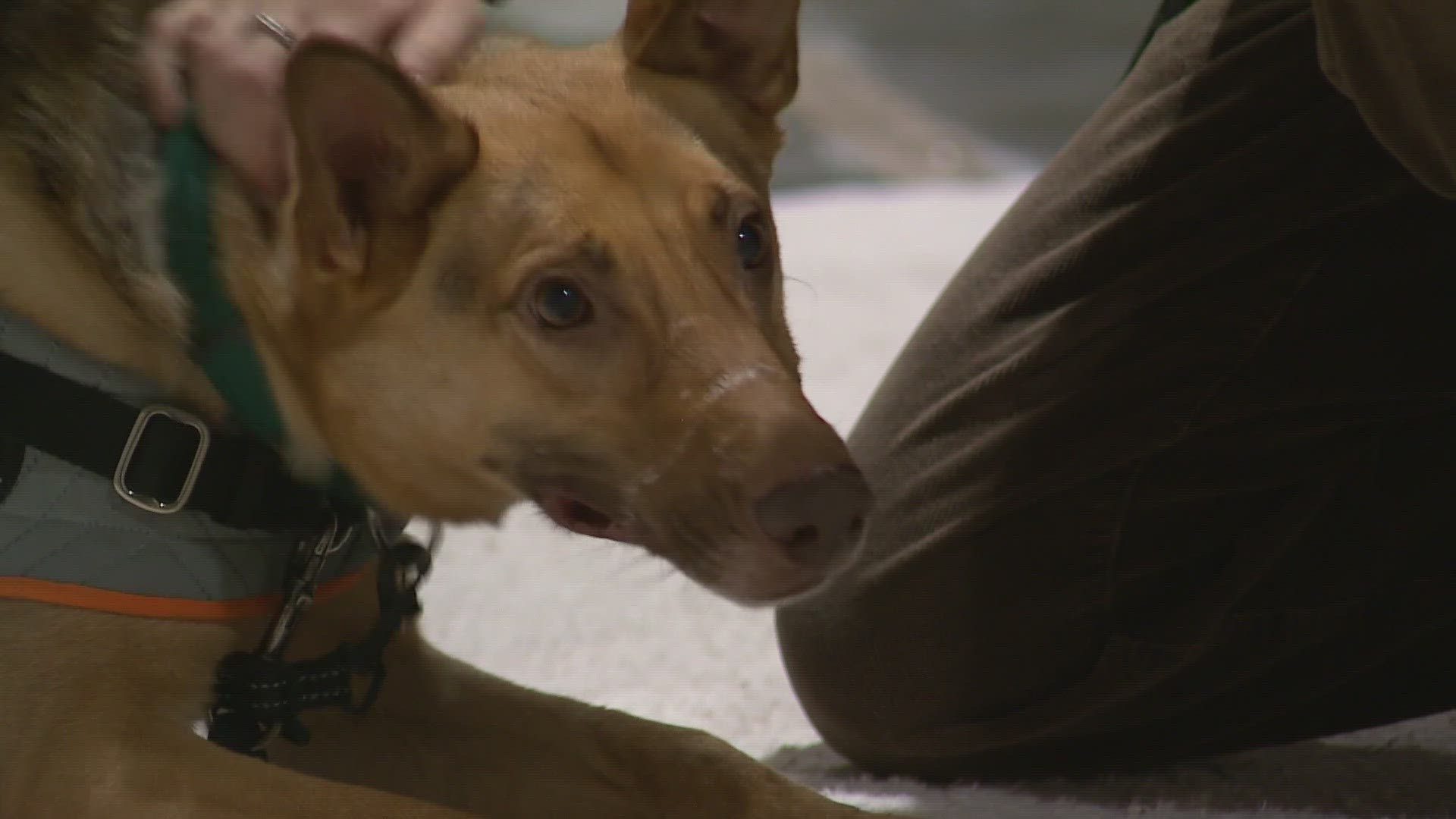Is Animal Cruelty a Felony in Washington State? Reporting and Penalties
In recent years, the spotlight has firmly shone on animal welfare legislation, especially in states like Washington. As devoted advocates for animal rights continue to challenge the status quo, one pressing question arises: Is animal cruelty considered a felony in Washington State? The journey toward legal reform is often fraught with complexities, numerous nuances, and, unfortunately, a fair share of challenges. As we delve into the specifics, we aim to explore this critical issue, raising awareness about the repercussions of cruelty against animals and the mechanisms through which these acts can be reported and penalized.
Understanding Animal Cruelty
Animal cruelty encompasses a spectrum of inhumane behaviors directed at animals, ranging from neglect and abandonment to more egregious acts like physical abuse. Washington law delineates two primary categories: “criminal mistreatment” and “animal cruelty.” Under these classifications, acts of cruelty are assessed not only in terms of intent but also in the severity of the actions themselves.
Washington’s legal framework identifies two degrees of animal cruelty, with the first degree involving heinous acts such as malicious injury or killing of an animal, while second-degree cruelty may apply to cases of neglect or abandonment. Knowing this distinction is vital when considering whether an act constitutes a felony.
Legislation in Focus
In Washington, the conversation about animal welfare has gained momentum. Recent legislative measures have aimed to codify stronger protections for animals. The pivotal legislation in this discussion, particularly since it has garnered significant media attention, is the animal cruelty bill proposed to toughen penalties. This bill seeks to enhance existing penalties, ensuring that those who inflict suffering upon animals face serious legal repercussions.
Indeed, under current law, the more severe instances of cruelty can lead to class C felonies, wherein offenders may face up to five years in prison and hefty fines. As we contemplate the implications of such laws, it becomes clear that enforcing them is paramount. This endeavor, however, can be particularly challenging given varying interpretations of cruelty and the subjective nature of animal welfare advocacy.
Reporting Animal Cruelty
The process of reporting animal cruelty is another crucial aspect of advocating for animal rights. Often, individuals witness acts of neglect or abuse but may hesitate to intervene, fearing retribution or unintentional escalation. Understanding how to effectively report these offenses can empower communities to take a stand against cruelty.
In Washington, citizens are encouraged to report suspected cruelty to their local animal control agencies or law enforcement. These organizations are tasked with investigating reports, assessing the validity of claims, and determining appropriate interventions. Documentation is essential—photographs, detailed accounts, and witness information bolster a report’s credibility and can lead to swifter action.
However, this leads us to ponder: What happens when you report cruelty, and the evidence seems inadequate? This is where advocacy and public awareness intersect. Raising awareness regarding signs of abuse and neglect not only educates the public but also encourages a culture of vigilance and responsiveness. Community workshops, local campaigns, and educational seminars can help inform individuals about their rights and responsibilities concerning animal welfare.
The Role of Community
Building an empathetic community that champions animal rights is vital as we aim to combat cruelty effectively. Grassroots initiatives have shown promise in various counties throughout Washington, with many animal welfare organizations working tirelessly to advocate for stronger laws and better enforcement. Collaborations between these organizations and local governments often yield comprehensive strategies that streamline reporting processes and facilitate community involvement.
For some, the challenge of enforcing these laws stems from a lack of resources within animal control facilities. It raises an important question: How can communities ensure that local authorities have the necessary tools to act effectively on cruelty reports? Fundraising events, public donations, and volunteer movements can contribute significantly to enhancing local animal services.
Penalties and Implications
The penalties associated with animal cruelty in Washington serve both a punitive and educational purpose. For offenders, the repercussions of being charged with a felony can have lasting impacts on their lives—ranging from incarceration to facing challenges in securing employment post-conviction. Surprisingly, the legal ramifications extend beyond the individual; they resonate throughout the community and foster a collective consciousness regarding humane treatment of animals.
Courts often require offenders to engage in rehabilitation programs, fostering a sense of responsibility and reflection. This approach signals an essential evolution in how society handles animal cruelty—not merely focusing on punishment but also on transformative practices that may deter future offenses.
Conclusion
In question form, as we conclude: Can we as a society do more to eradicate animal cruelty? The answer lies not just in stricter laws but in our collective commitment to awareness, vigilance, and advocacy. With the legislative framework in Washington continually evolving, it is crucial for citizens to remain informed and engaged. Legislative changes can only gain traction with the support of an informed public, urging lawmakers to prioritize animal welfare as a pressing humanitarian issue.
Ultimately, while Washington’s current laws signify progress, the ongoing battle against animal cruelty necessitates an unwavering commitment from each of us. Only through unity and persistent advocacy can we hope to create a world where all animals are treated with the dignity and respect they inherently deserve.








